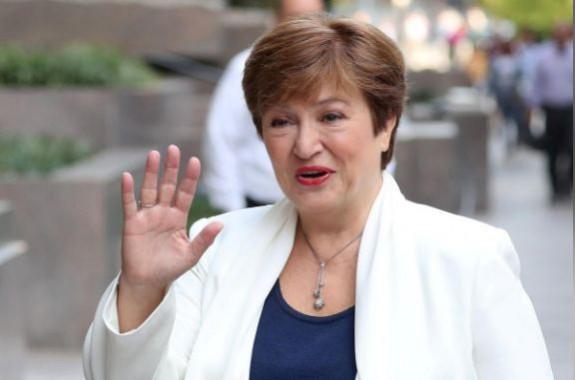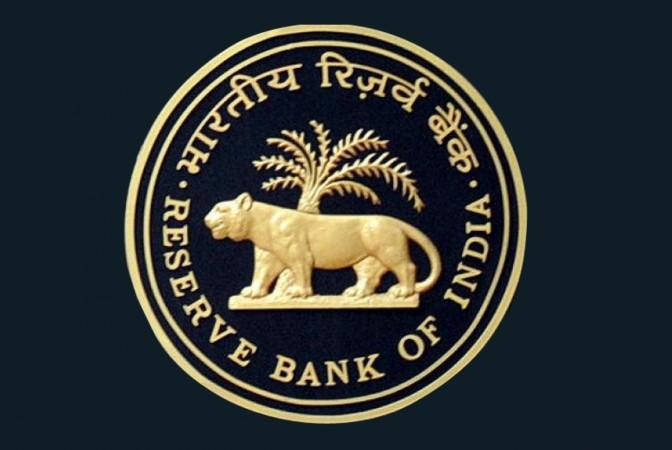
The global economy is witnessing a "synchronized slowdown" in 2019 in 90 per cent of the world this year, Kristalina Georgieva, the new managing director of the International Monetary Fund (IMF) warned during her first speech at IMF headquarters on Tuesday, adding that the effect will be "more pronounced" in growing markets like India.
During her speech, the Bulgarian economist, who succeeded Christine Lagarde, said that the trade tensions had "substantially weakened" manufacturing and investment activity worldwide.
The new head of the 189-nation IMF in her blunt speech explained, "This widespread deceleration means that growth this year will fall to its lowest rate since the beginning of the decade."
She also said that about 40 emerging markets and developing economies, including 19 in sub-Saharan Africa, will have real GDP growth rates above 5 per cent.
"Global trade growth has come to a near standstill," she warned.
The effects of trade conflicts would lead to a loss of around $700 billion or 0.8% reduction in GDP output by 2020. "This is approximately the size of Switzerland's entire economy. In this scenario, the whole economy of Switzerland disappears," Georgieva said.
Georgieva made this assessment a week ahead of the joint Annual Meeting between the IMF and World Bank (WB) in which both institutions will present their economic projections in a gathering of top central bankers and economy ministers.
The IMF chief warned that the World Economic Outlook for 2019 and 2020 reflects a complex situation compared to the previous figures presented in July in Chile.
In her analysis, Georgieva argued that economic activity is softening in advanced economies, such as the US, Japan and, especially, the eurozone, while in other emerging markets, such as India and Brazil, the slowdown is even more pronounced this year.

According to the October 2019 Monetary Policy Report of the RBI, the near-term approach of the Indian economy has fraught risks and the combination of domestic and global headwinds has depressed economic activities in the country, said the reports.
China's accelerated growth is experiencing a gradual decrease, she added.
"The precarious outlook presents challenges for countries already facing difficulties - including some of the Fund's program countries."
Georgieva blamed trade disputes, such as the commercial war between Washington and Beijing, for global economic sluggishness, in addition to geopolitical tensions, such as Brexit, that have sparked uncertainty.
"Even if growth picks-up in 2020, the current rifts could lead to changes that last a generation - broken supply chains, siloed trade sectors, a 'digital Berlin Wall' that forces countries to choose between technology systems," the Bulgarian economist added who held the No.2 job at the World Bank.
The only solution to the trade conflict that has emerged requires all the countries working together and cooperating, Georgieva said.
(With inputs from agency.)











